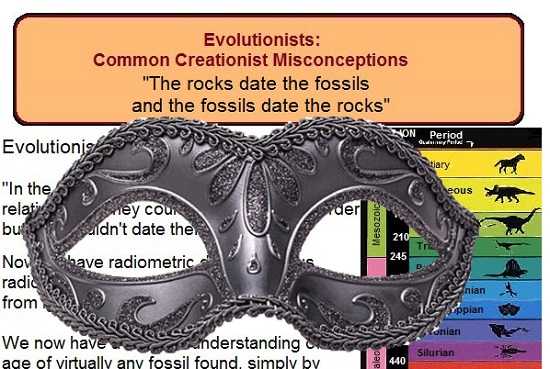
We come now to some particularly egregious errors in our series to unmask the faulty logic and science behind defenses given for the theory of (neo) Darwinian evolution. Stated simply, Neo-Darwinism says that all life on earth derived via natural selection acting on random mutations in a population, with no purpose, design or intelligence used anywhere. As this series points out, there are many, many reasons why this is impossible. Yet Darwinists try to come up with reasons why (according to them) it’s not only possible, but actually happened.
In this round up of memes, some of the defenses employed are so far off the mark, I wonder if the author of these mistakes is merely feigning ignorance, or if he is really ignorant of the glaring mistakes he is making. I’ll leave that to your judgment. Since I’ve subtitled this articles “Codes and Complexity”, let’s start with a meme that demonstrates a gross misunderstanding of the code that’s involved with DNA.

.jpg)
